|
The devastating Easter Sunday attacks in Sri Lanka have left over 300 people dead, and the country in shock. The government has responded by banning social media and messaging apps, ostensibly to stop the spread of misinformation, but Meera Selva argues that this both restricts access to key facts in a country with a beleaguered press and dismantles a crucial interface between the island’s different groups.
And Mathew Schmalz looks at the country’s Christian community.
|
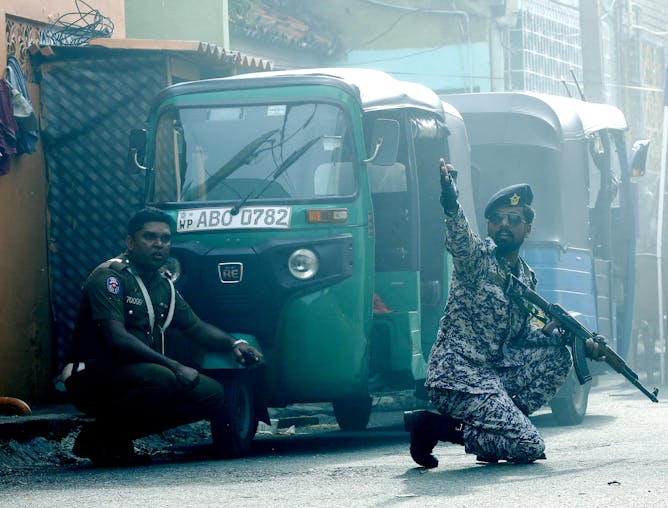
Security personnel near St Anthony’s Church Kochchikade in Colombo, Sri Lanka. April 22, 2019.
EPA Images
Meera Selva, University of Oxford
In a country with a weak press, social media played a key role in exposing the truth and building bridges between Sri Lanka's different ethnic and religious groups.
|
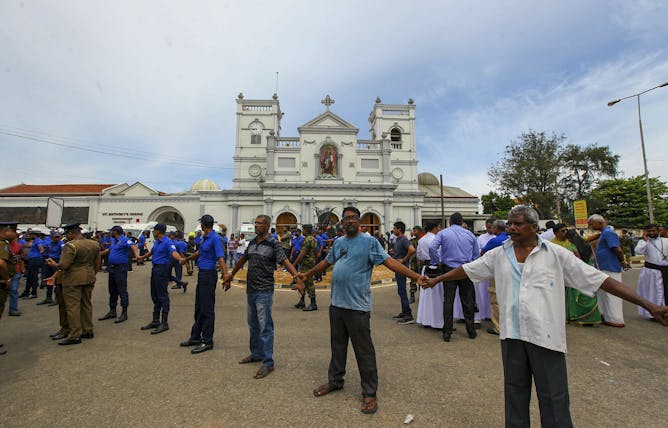
Sri Lankan army soldiers secure the area around St. Anthony’s Shrine after a blast in Colombo.
AP Photo/ Rohan Karunarathne
Mathew Schmalz, College of the Holy Cross
Suicide bombers struck Sri Lanka's churches and hotels on Easter Sunday, killing and injuring hundreds of people. Seven percent of Sri Lanka's population is Christian – most of them Roman Catholics.
|
Politics + Society
|
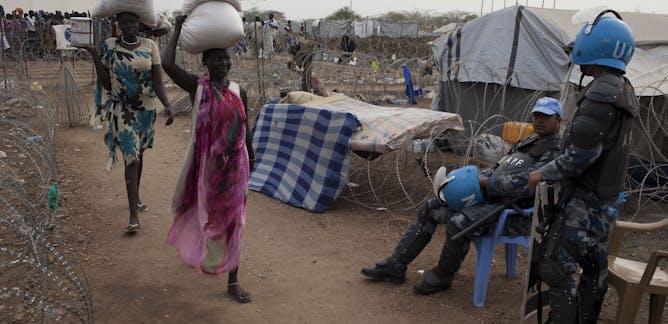
Adam Day, United Nations University; Charles T. Hunt, RMIT University
The United Nations Mission in South Sudan has had a mixed bag of success and failure.
| |
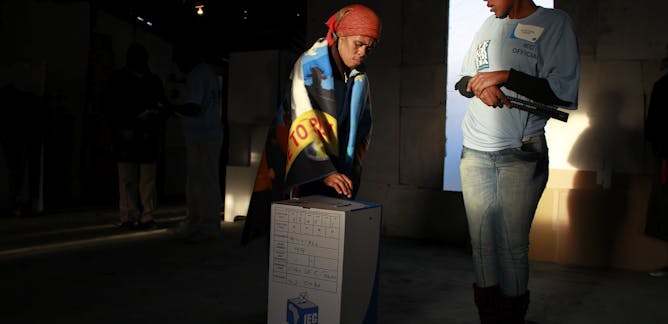
Roger Southall, University of the Witwatersrand
The current crisis in British politics is significant for countries like South Africa where a change in electoral systems is needed.
|
|
|
Education
|

Isaac Adebayo Adeyemi, Nigerian Academy of Science
Government funding in Nigeria's education sector has been chronically low and needs to be changed.
| |
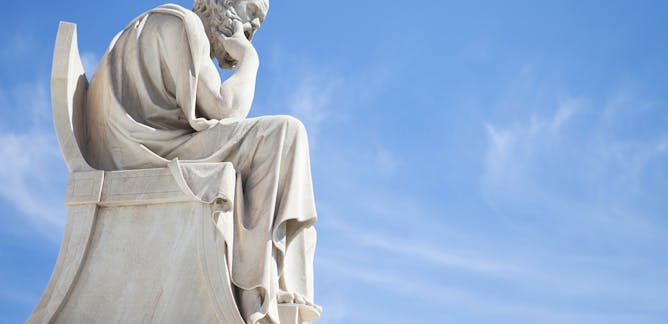
Aaron James Wendland, Russian National Research University The Higher School of Economics
We need to accept the incomplete nature of our knowledge, question and adopt alternative views.
|
|
|
Energy + Environment
|
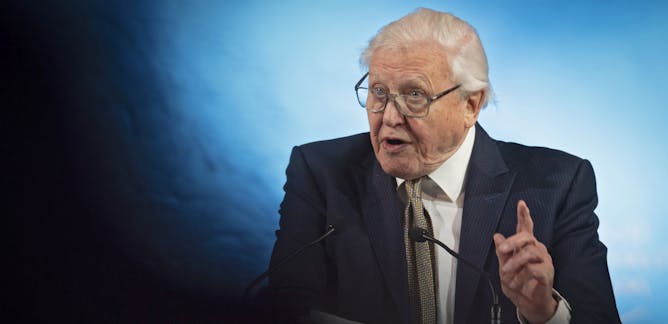
Rick Stafford, Bournemouth University; Peter JS Jones, UCL
The BBC's new documentary is a great opportunity to challenge our current economic system.
| |
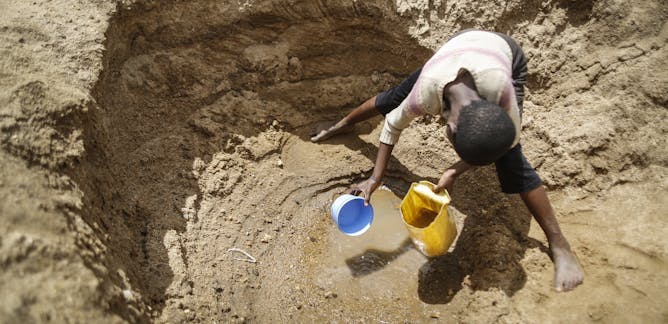
Victor Ongoma, The University of the South Pacific
Some areas in Kenya haven't experienced "long rains" for three consecutive years causing crop failures and food insecurity.
|
|
|
En français
|
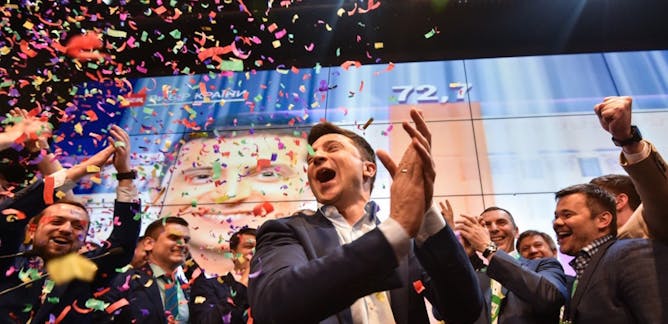
Cyrille Bret, Sciences Po – USPC
Vladimir Zelenski dispose de la force d'un succès électoral massif, rapide et incontestable. Mais il a, sur le long terme, la faiblesse d'un leader sans programme, sans équipe et sans idéologie.
| |
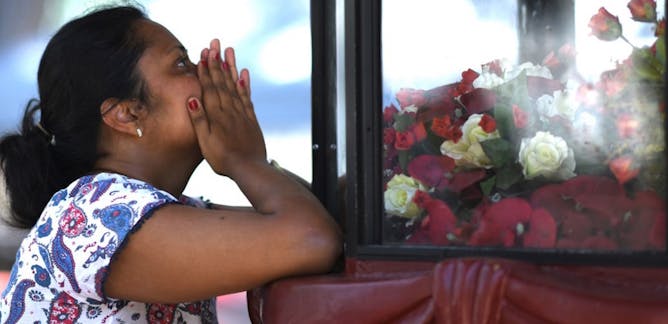
Anthony Goreau-Ponceaud, Université de Bordeaux
La série d’explosions meurtrières visant des églises et hôtels, lors de ce dimanche de Pâques, ouvre un nouveau chapitre dans les tensions communautaires de l’île.
|
|
|